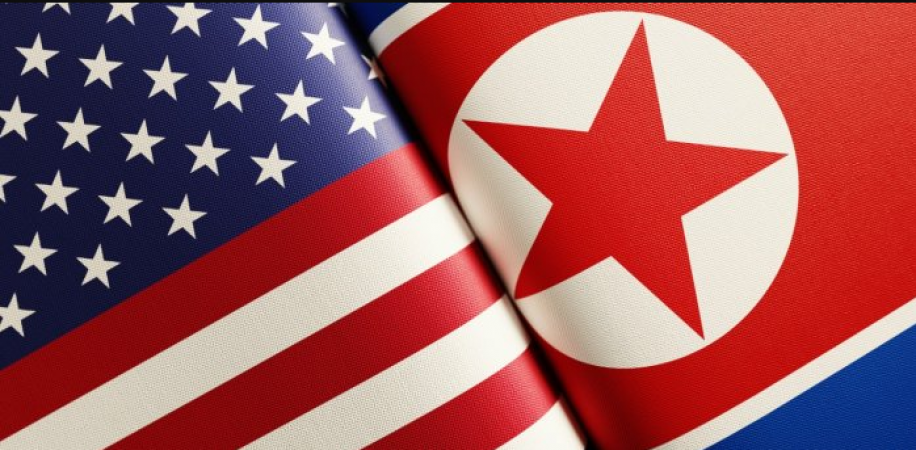
Washington: Top nuclear negotiators from the US, South Korea, and Japan will meet to discuss Pyongyang's nuclear programme and escalating tensions on the Korean Peninsula, as well as possible "countermeasures."
During a press conference on Tuesday, the South Korean Foreign Ministry announced the upcoming negotiations and mentioned that its chief nuclear negotiator, Kim Gunn, would meet with his American and Japanese counterparts for discussions in Seoul on April 7.
According to ministry spokesperson Lim Soo-suk, "at this meeting, the chief representatives of the three countries will share their assessment of the grave situation on the Korean Peninsula following North Korea's recent series of provocations and discuss countermeasures."
Also Read: Swedish court overturns police order prohibiting burning of the Qur'an
The meeting is scheduled amid rising tensions with the DPRK, which has carried out numerous weapons tests in retaliation for ongoing US-led military exercises with South Korea in recent months. It is unclear what kind of response the officials will take into consideration. Pyongyang has repeatedly criticised the drills as a warm-up for an invasion and maintains that it has the right to build up its nuclear arsenal in case of an attack.
Also Read: Israeli strikes on Syria escalate, raising tensions with Iran
President Joe Biden has led the United States to take a more aggressive stance towards North Korea than his predecessor, Donald Trump, who set up several exceptional diplomatic encounters with leader Kim Jong-un. Instead, Biden has insisted that Pyongyang give up its nuclear weapons, a demand that the North has dismissed as impossible.
Sung Kim, Biden's special envoy for North Korea, will attend Friday's nuclear talks, according to the US State Department, who claims that relations with Japan and South Korea are "critical to strengthening regional security."
Also Read: Disagreements in Syria's civilian death info cast doubt on the UK's 'perfect' war claims
National Security Council spokesman John Kirby told reporters last month that the government has seen "no indications" that North Korea is planning a "imminent" attack on the US or its allies, despite a constant stream of warnings from American officials about the DPRK's weapons.